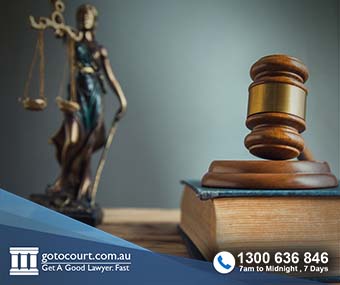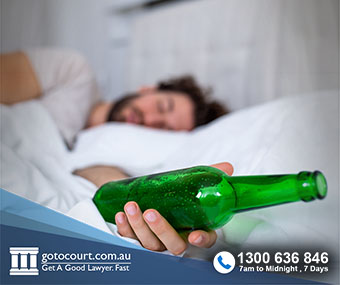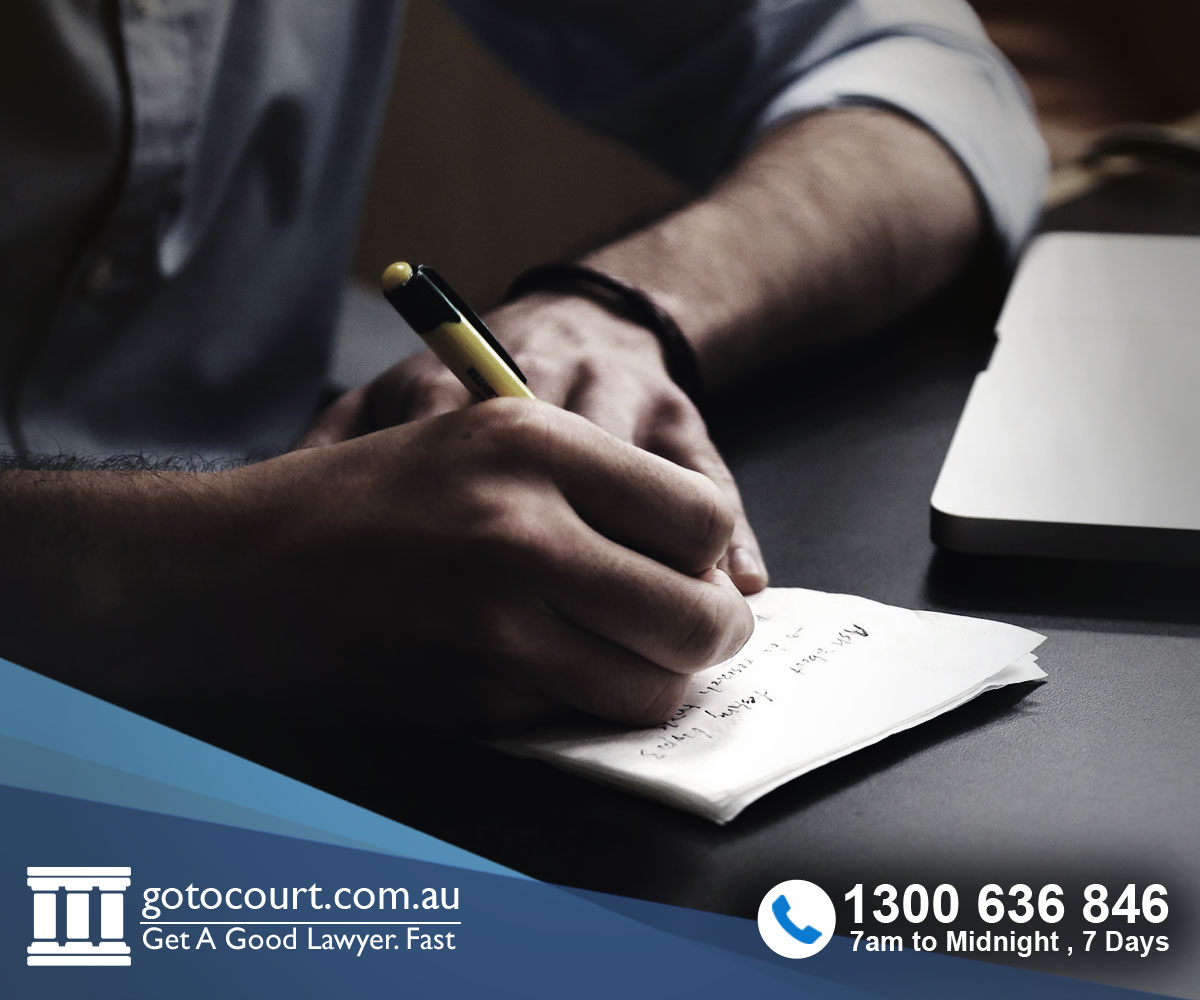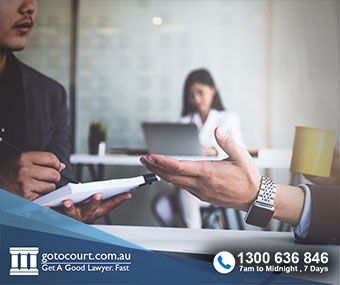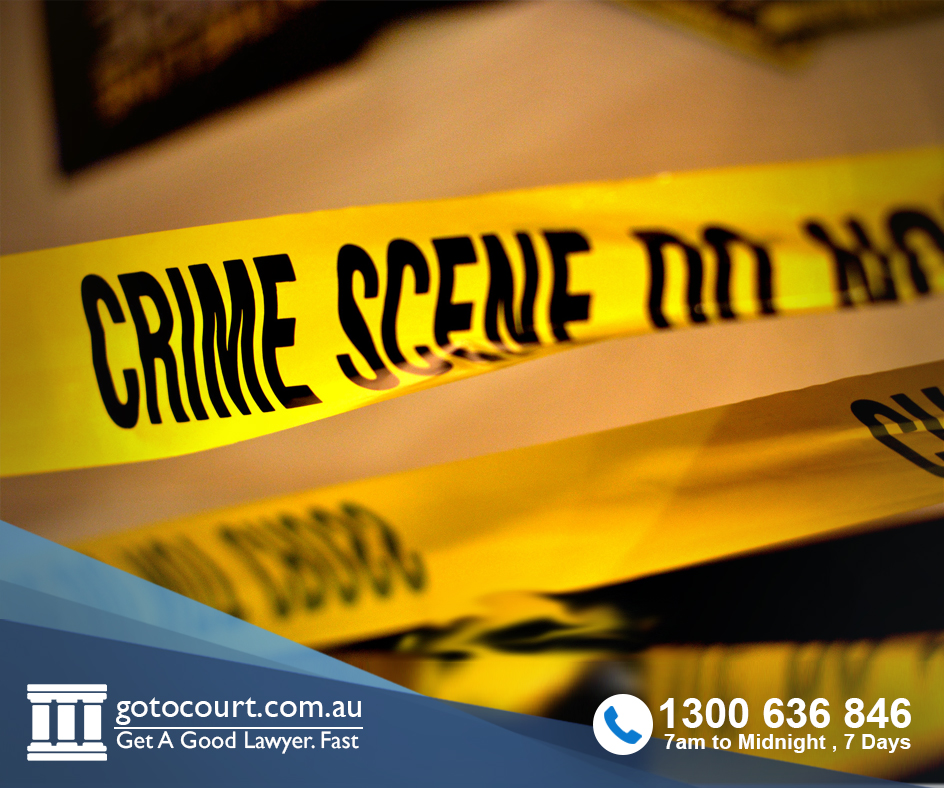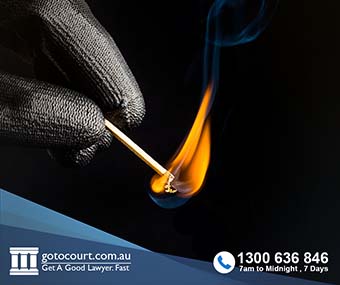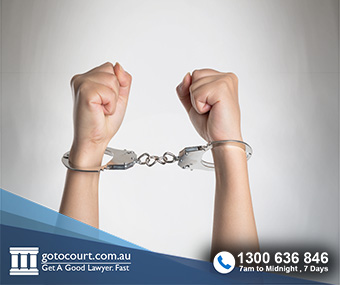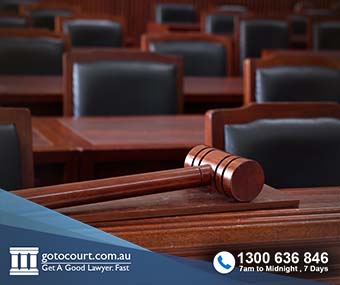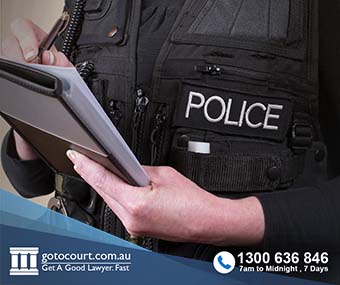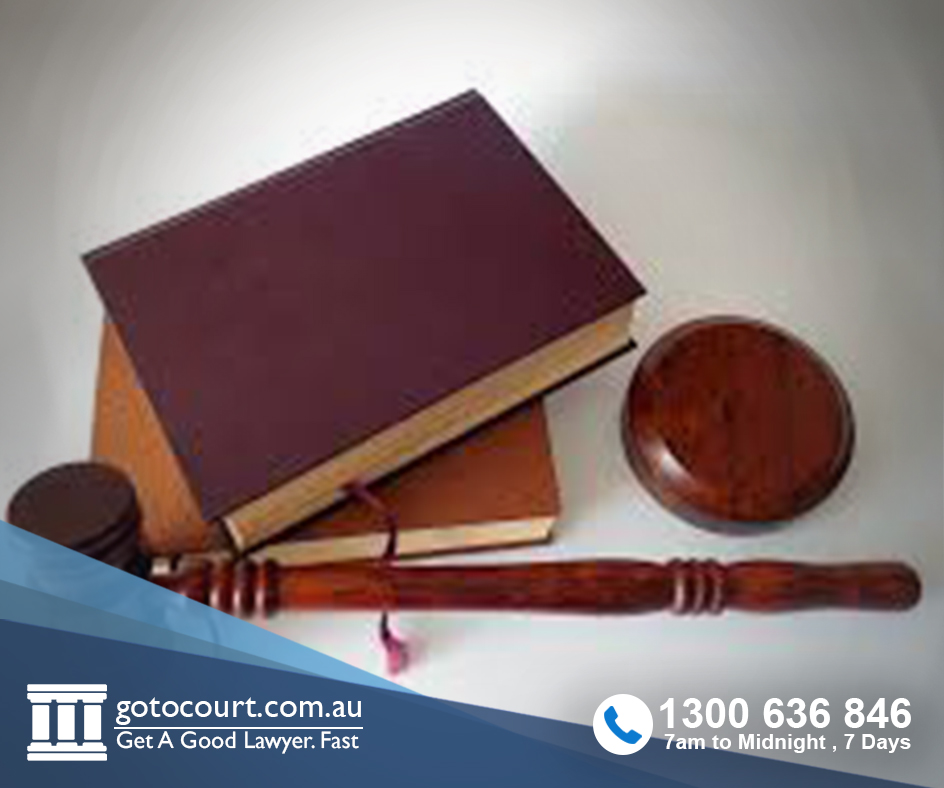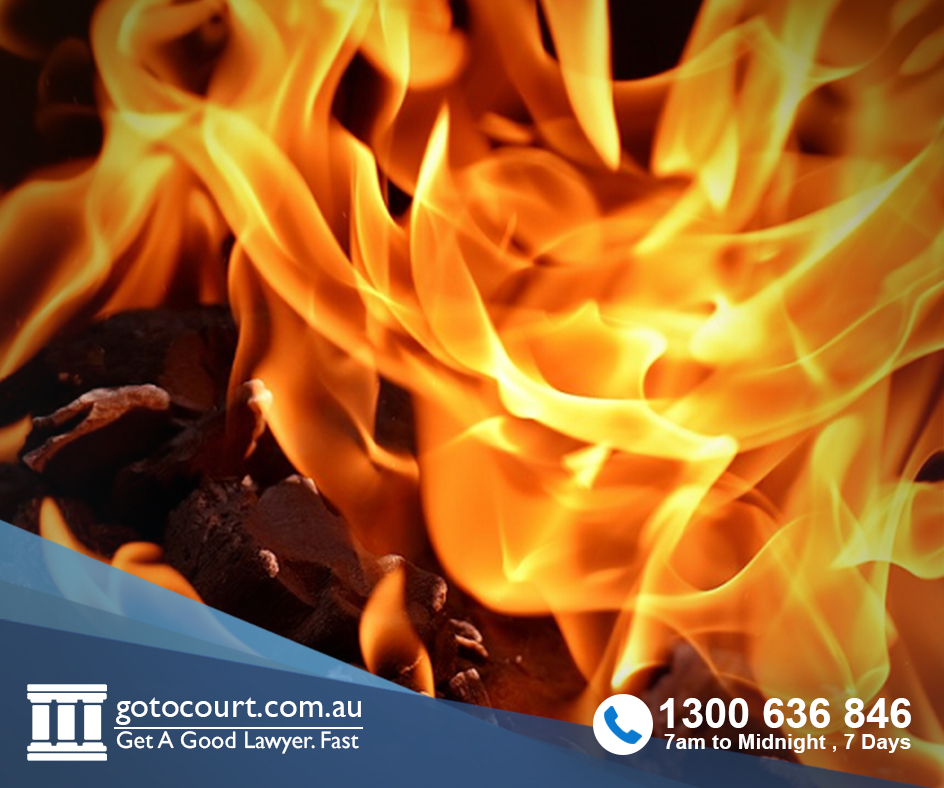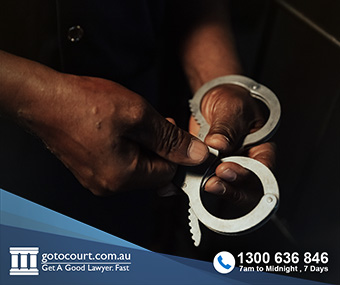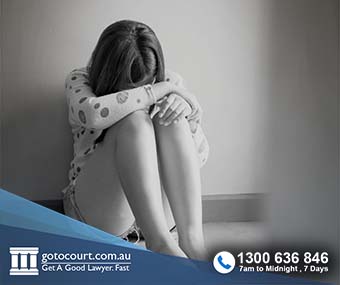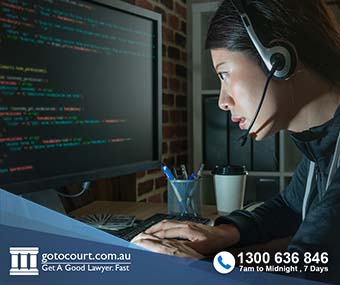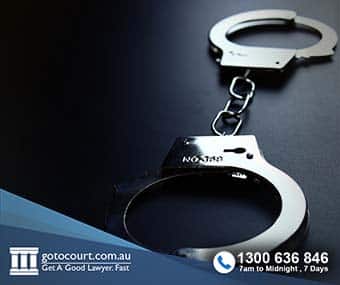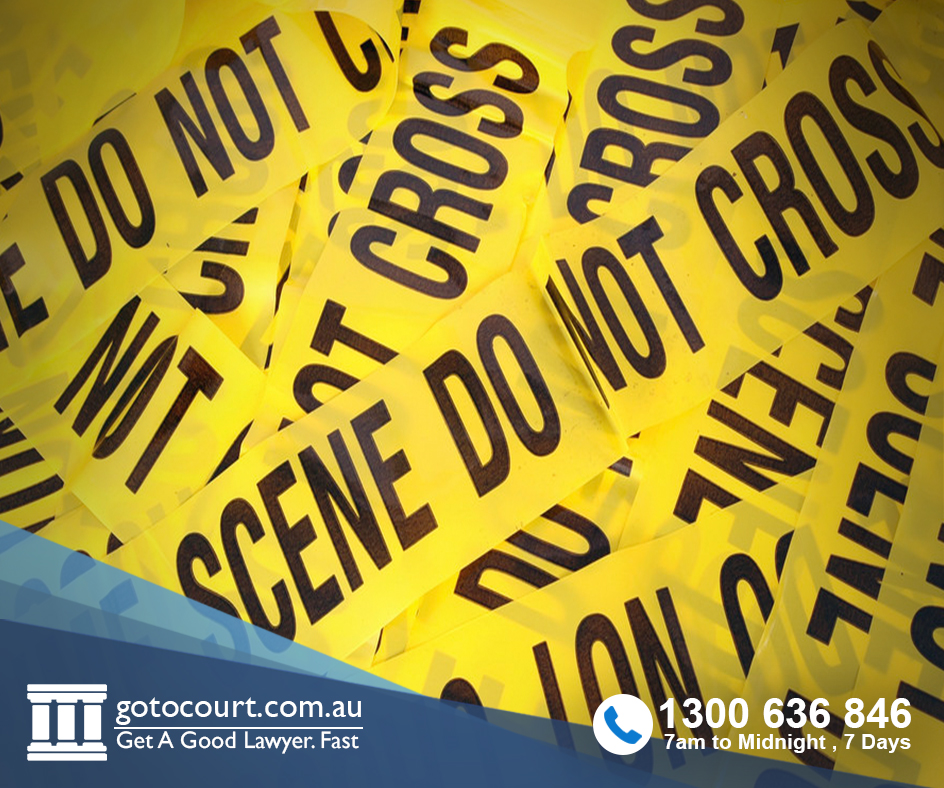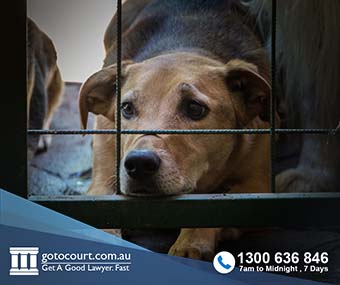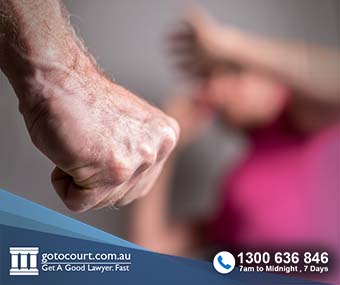Indictable Offences (Tas)
Indictable Offences (Tas)
Indictable offences in Tasmania are offences that are punishable by a maximum penalty of more than 12 months imprisonment. They are dealt with in the Supreme Court, or in some cases, in the Magistrates Court. This page deals with indictable offences in Tasmania.
What are indictable offences?
Most of the offences in the Criminal Code 1924 are indictable offences. These include assaults, sexual assault, murder, manslaughter and rape. In Tasmania, the maximum penalty for indictable offences is 21 years imprisonment, except where the legislation specifies another maximum penalty.
Offences under the Commonwealth Crimes Act 1914 that are punishable by more than 12 months imprisonment are also indictable offences.
Indictable offences tried summarily
Some indictable offences can be finalised in the Magistrates Court if the accused agrees to this. The indictable offences that can be dealt with by magistrates are set out in section 72 of the Justices Act 1959.
Some property offences such as theft and burglary can be tried summarily if the value of the item stolen is under $100,000. Offences involving items of greater value must be dealt with in the Supreme Court.
When an offence is dealt with summarily, the maximum penalty that can be imposed for a single offence is three years imprisonment. Offences that are dealt with summarily are also finalised much quicker than those that are committed to the Supreme Court.
Strictly indictable offences
Strictly indictable offences in Tasmania can only be dealt with by the Supreme Court. The Supreme Court may impose lengthy penalties. Many indictable offences in Tasmania have a maximum penalty of 21 years imprisonment. Others, such as murder and treason, have a maximum penalty of life imprisonment.
Procedure for dealing with offences on indictment
Offences that are dealt with on indictment in the Supreme Court, must first go through a number of procedural steps in the Magistrates Court (or Children’s Court if the accused is under 18). The defence will obtain the brief of evidence from the prosecution and assess the strength of the case against the accused. The matter will then be listed for a committal hearing.
A committal hearing is a procedure to determine whether a matter should be committed to the Supreme Court. The magistrate will review the prosecution evidence and determine whether the case is strong enough that the accused could be found guilty by a jury. This procedure exists to avoid wasting the Supreme Court’s time with prosecutions that are unlikely to succeed.
If the evidence is sufficiently strong, the matter will be committed to the Supreme Court. If the accused is pleading not guilty, it will then be listed for a trial. If they are pleading guilty, it will be listed for a plea hearing.
If an accused person is found guilty (or pleads guilty) in the Supreme Court, they may receive a range of penalties including lengthy terms of imprisonment. Terms of imprisonment may be immediate (where the accused must serve the time in prison) or suspended (where they are allowed to live in the community under supervision provided they do not reoffend). In Tasmania, a person may also be ordered to serve a term of imprisonment as home detention.
Juries
When an indictable offence goes to trial, it is decided by a jury of twelve citizens, selected randomly from the electoral roll. The jury decides whether the accused has been proven guilty beyond a reasonable doubt. If the accused is found guilty, the judge then decides on the sentencing orders.
Limitation periods
There is no limitation period for laying a charge of an indictable offence. This means that a person can be charged with an indictable offence long after the alleged offence occurred. A charge can be laid years, or even decades, later.
In contrast, simple offences are subject to a limitation period. After this period has passed, no charge can be laid.
If you require legal advice or representation in any legal matter, please contact Go To Court Lawyers.

Affordable Lawyers
Our Go To Court Lawyers will assist you in all areas of law. We specialise in providing legal advice urgently – at the time when you need it most. If you need a lawyer right now, today, we can help you – no matter where you are in Australia.How It Works




1. You speak directly to a lawyer
When you call the Go To Court Legal Hotline, you will be connected directly to a lawyer, every time.

2. Get your legal situation assessed
We determine the best way forward in your legal matter, free of charge. If you want to go ahead and book a face-to-face appointment, we will connect you with a specialist in your local area.

3. We arrange everything as needed
If you want to go ahead and book a fact-to-face appointment, we will connect you with a specialist in your local area no matter where you are and even at very short notice.

